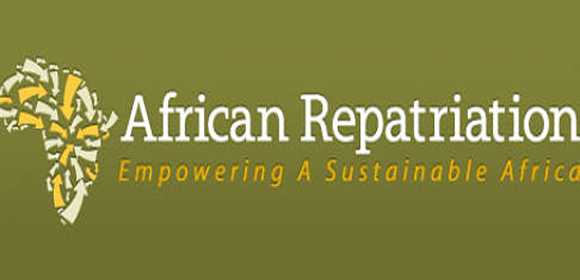- Washington “follows with interest” Morocco’s openness onto Africa (John Kerry)Posted 11 years ago
- The trial of South African Paralympic champion Oscar Pistorius opened in Pretoria on Monday.Posted 11 years ago
- USA welcomes efforts of King Mohammed VI in MaliPosted 11 years ago
- Egypt’s population reaches 94 millionPosted 11 years ago
- Mugabe celebrates his 90thPosted 11 years ago
- Moroccan Monarch to Build a Perinatal Clinic in BamakoPosted 11 years ago
- King Mohammed VI handed a donation of bovine semen for the benefit of Malian breeders.Posted 11 years ago
- Moroccan King’s strategic tour to Africa: Strengthening the will of pan African Solidarity and stimulating the south-south cooperation mechanisms over the continentPosted 12 years ago
- Senior al-Qaida leader killed in AlgeriaPosted 12 years ago
- Libya: The trial of former Prime Minister al-Baghdadi AliPosted 12 years ago
CAR: The curse of the black gold
 “The oil issue is not very different from one country to another. It is virtually a tremendous blessing, and potentially a huge handicap. It is not without reason that people talk about the curse of oil. The reality is that many countries with the greatest mineral wealth are also those who have conflicts”. New oil discoveries have always been of new tricks to the tragedy of instability in a lot of African countries. So let us hope that the Central African Republic, which just recovers its full sovereignty and free disposal of the oil zone in the north, will manage as well as it did in this recovery in developing positive preparations for the presidential and parliamentary elections scheduled for January 23.
“The oil issue is not very different from one country to another. It is virtually a tremendous blessing, and potentially a huge handicap. It is not without reason that people talk about the curse of oil. The reality is that many countries with the greatest mineral wealth are also those who have conflicts”. New oil discoveries have always been of new tricks to the tragedy of instability in a lot of African countries. So let us hope that the Central African Republic, which just recovers its full sovereignty and free disposal of the oil zone in the north, will manage as well as it did in this recovery in developing positive preparations for the presidential and parliamentary elections scheduled for January 23.
For several years, a tense battle was waged, at the court, between the CAR government and the U.S Petroleum Company called RSM. The government welcomed the decision of the Arbitral Tribunal of the International Centre for Settlement of Investment Disputes (ICSID), which allows Bangui to regain full sovereignty over the area of the license acquired in 1999 by the American company, RSM Production Corporation. The arbitral tribunal granted the request of the CAR ruling that the contract permits oil and 55,000 square miles have expired November 23, 2004 and this decision allows CAR to recover its sovereignty over the area permit that had been sold off by previous regimes to RSM and freely available. The tribunal’s decision is final and without appeal, which means that RSM has no other remedies. Under the contract signed in December 1999, in Denver, United States, between RSM and CAR authorities of the time, all the oil zone in northern Central African Republic has been assigned to this company. Since 2006, a court battle was waged between the CAR government and American company. For the Central Government, the contract has never been of any benefit to the Central African people, because as it the contract and its full clauses were fully prepared by RSM and wrote exclusively in English, in dubious circumstances assuring the company the most and full benefit at the expense of the Central African Republic.
